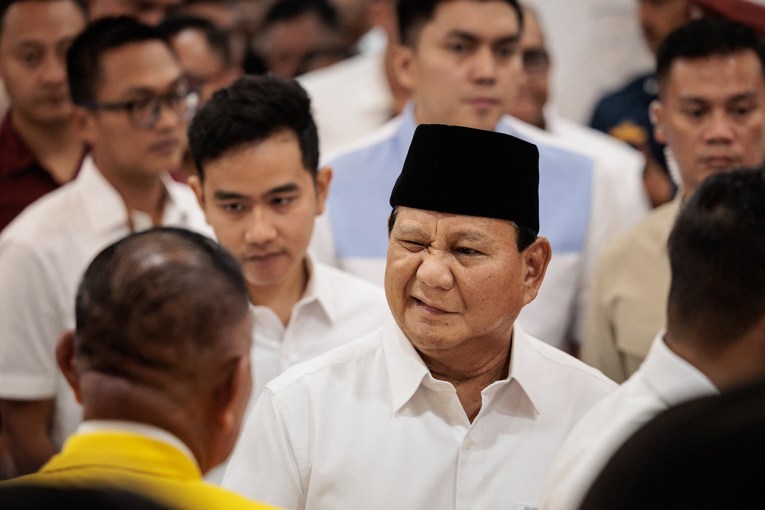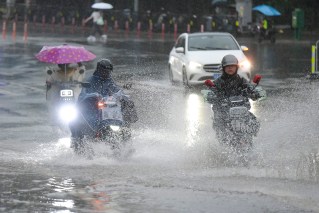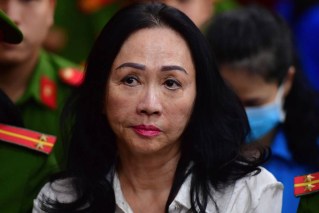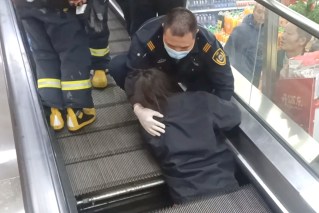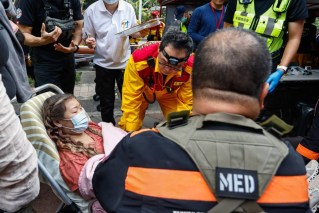Inside Myanmar’s army: ‘They see protesters as criminals’
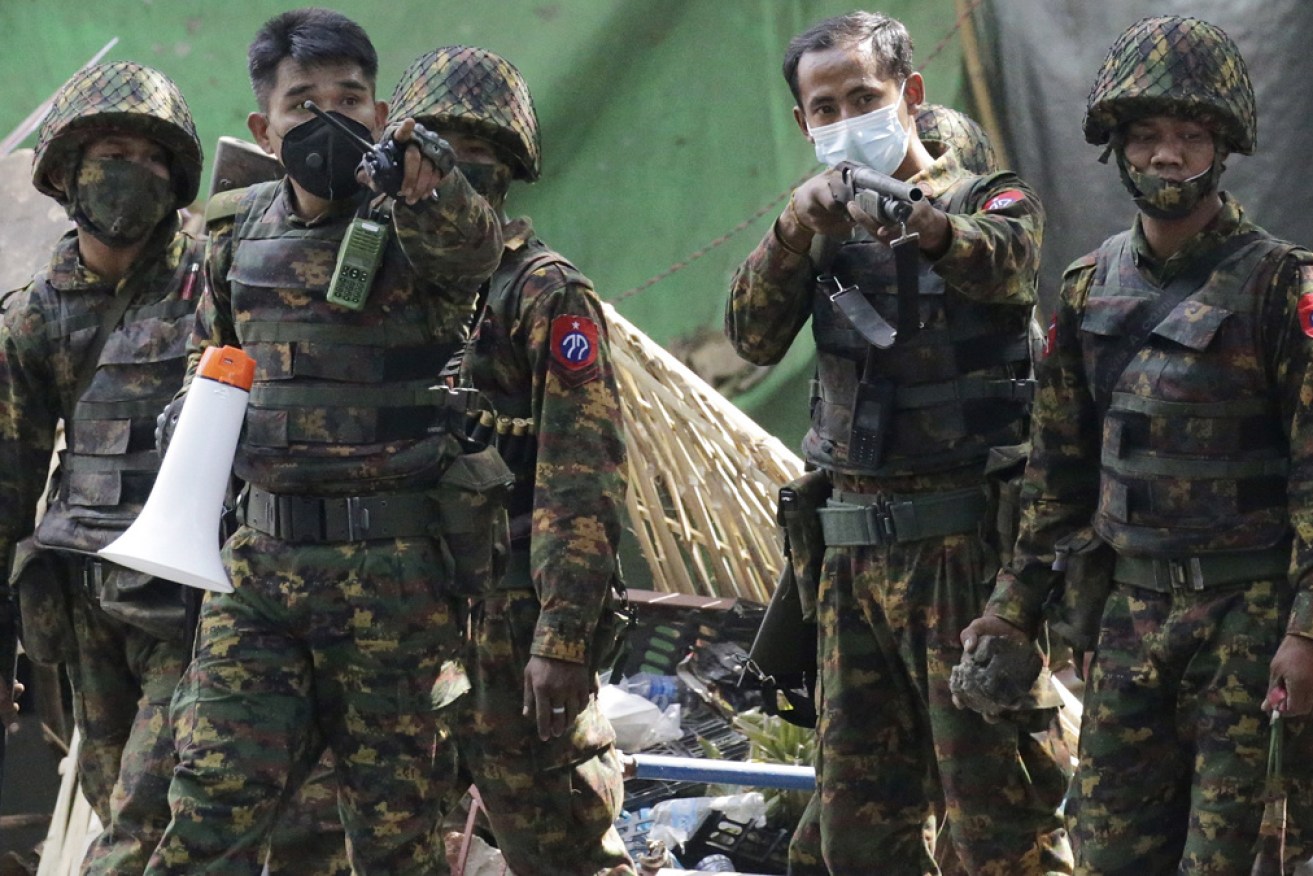
Captain Tun Myat Aung leaned over the hot pavement in Yangon, Myanmar’s largest city, and picked up bullet casings.
Nausea crept into his throat. The shells, he knew, meant that rifles had been used, real bullets fired at real people.
That night, in early March, he logged on to Facebook to discover that several civilians had been killed in Yangon by soldiers of the Tatmadaw, as Myanmar’s military is known. They were men in uniform, just like him.
Days later, the captain, of the 77th Light Infantry Division, notorious for its massacres of civilians across Myanmar, slipped off base and deserted. He is now in hiding.
“I love the military so much,” he said.
“But the message I want to give my fellow soldiers is: If you are choosing between the country and the Tatmadaw, please choose the country.”
The Tatmadaw, which says it has a standing force of up to half a million men, is often portrayed as a robotic rank of warriors bred to kill.
Since ousting Myanmar’s civilian leadership last month, setting off nationwide protests, it has only sharpened its savage reputation, killing more than 420 people and assaulting, detaining or torturing thousands of others, according to a monitoring group.
On Saturday, the deadliest day since the February 1 coup, security forces killed more than 100 people, according to the United Nations. Among them were seven children, including two 13-year-old boys and a five-year-old boy.

Heartache at the funeral of a person who was killed during a demonstration against the military coup in Yangon. Photo: Getty
In-depth interviews with four officers, two of whom have deserted since the coup, paint a complex picture of an institution that has thoroughly dominated Myanmar for six decades.
From the moment they enter boot camp, Tatmadaw troops are taught that they are guardians of a country – and a religion – that will crumble without them.
They occupy a privileged state within a state, in which soldiers live, work and socialise apart from the rest of society, imbibing an ideology that puts them far above the civilian population.
The officers described being constantly monitored by their superiors, in barracks and on Facebook. A steady diet of propaganda feeds them notions of enemies at every corner, even on city streets.
The cumulative effect is a bunkered worldview in which orders to kill unarmed civilians are to be followed without question. While the soldiers say there is some dissatisfaction with the coup, they regard a wholesale breaking of ranks as unlikely.
That makes more bloodshed likely in the coming days and months.
“Most of the soldiers are brainwashed,” said a captain who is a graduate of the prestigious Defence Services Academy, Myanmar’s equivalent of West Point.
Like two of the others who spoke with The New York Times, his name is not being published because of the possibility of retribution; he is still on active duty.
“I joined the Tatmadaw to protect the country, not to fight our own people,” he added.
“I am so sad to see soldiers killing our own people.”
The Tatmadaw has been on a war footing since the country gained independence in 1948, battling communist guerrillas, ethnic insurgencies and democracy advocates forced into the jungle after military crackdowns.
In the cult-like confines of the Tatmadaw, the Buddhist Bamar ethnic majority is glorified at the expense of Myanmar’s many ethnic minorities, who have faced decades of military repression.
The enemy can also be within. A target of the Tatmadaw’s ire is Aung San Suu Kyi, the civilian leader deposed and locked up in last month’s coup. Her father, General Aung San, founded the Tatmadaw.
Today, the Tatmadaw’s foes are again domestic, not foreign: The millions of people who have poured onto the streets for anti-coup rallies or taken part in strikes.

Captain Tun Myat Aung, a Burmese soldier who deserted the military to join the anti-coup movement in Myanmar. Photo: NYT
On Saturday, which was Armed Forces Day, Senior General Min Aung Hlaing, the commander in chief and instigator of the coup, gave a speech vowing to “protect people from all danger”.
As tanks and goose-stepping soldiers paraded down the broad avenues of Naypyitaw, the bunker-filled capital built by an earlier junta, security forces shot protesters and bystanders alike, with more than 40 towns seeing violence.
“They see protesters as criminals because if someone disobeys or protests the military, they are criminal,” Tun Myat Aung said.
“Most soldiers have never tasted democracy for their whole lives. They are still living in the dark.”
Although the Tatmadaw shared some power with an elected government over the five years preceding the coup, it kept its grip on the country.
It has its own conglomerates, banks, hospitals, schools, insurance agencies, stock options, mobile network and vegetable farms.
The military runs television stations, publishing houses and a film industry, with rousing offerings like Happy Land of Heroes and One Love, One Hundred Wars.
There are Tatmadaw dance troupes, traditional music ensembles and advice columns admonishing women to dress modestly.
The vast majority of officers and their families live in military compounds, their every move monitored. Since the coup, most of them have not been able to leave those complexes for more than 15 minutes without permission.
“I would call this situation modern slavery,” said an officer who deserted after the coup.
“We have to follow every order of our seniors. We cannot question if it was just or unjust.”
On February 1, in the pre-dawn torpor of Yangon, Tun Myat Aung clambered onto a military truck, half-asleep, strapping on his helmet.
He did not know what was going on until a fellow soldier whispered about a coup.
“At that moment, I felt like I lost hope for Myanmar,” he said.
Days later, he saw his major holding a box of bullets – real ones, not rubber. He cried that night.
“I realised,” he said, “that most of the soldiers see the people as the enemy.”
-NYT
